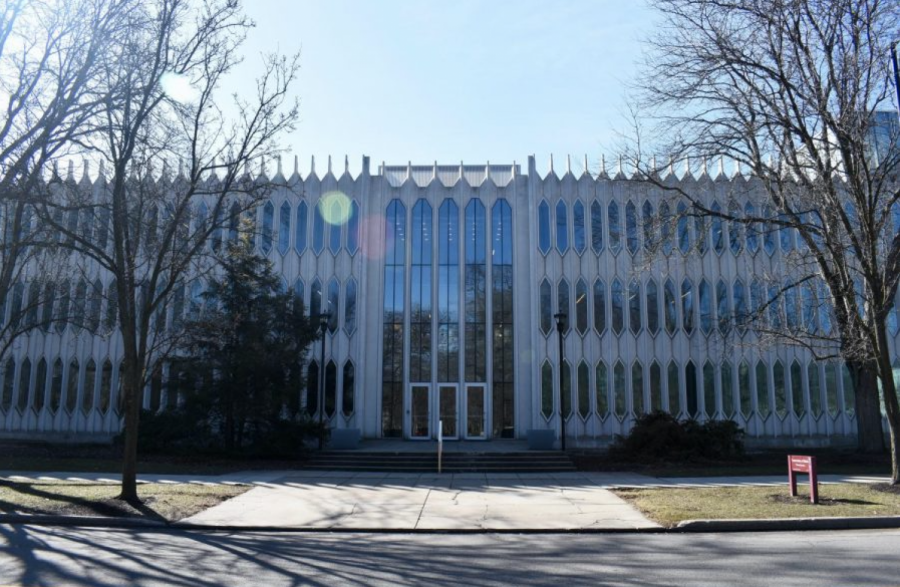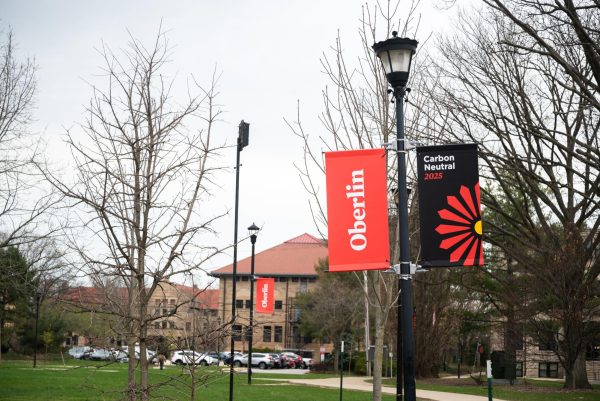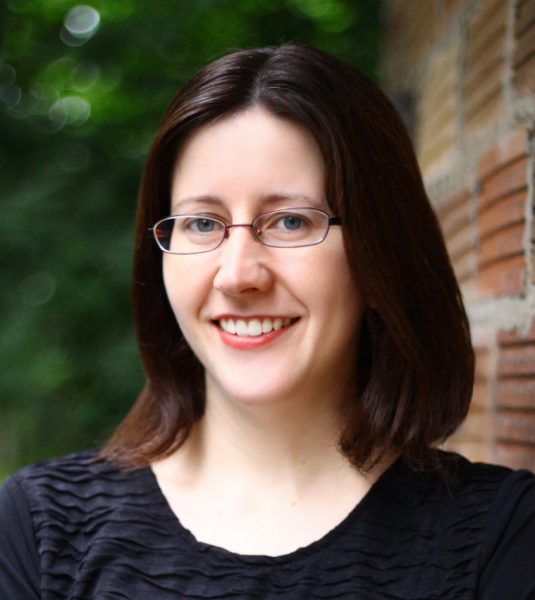Conservatory Announces New Goals to Increase Racial Equity and Belonging
The Conservatory recently announced new initiatives to increase diversity and equity within the music curriculum, repertoire, and Conservatory community.
Oberlin Conservatory faculty released an action plan last week for increasing the diversity and equity of Oberlin’s music education as part of the Presidential Initiative. Over the past several months, Conservatory faculty and staff have worked with student and alumni leaders to develop the commitments that will begin this semester.
“I want to offer my personal thanks to the student and alumni leaders — in particular members of the Oberlin College Black Musicians Guild — and to the Conservatory faculty and staff members whose wisdom, commitment, care, and hard work made this possible,” Dean of the Conservatory William Quillen wrote in a Sept. 9 email to the Conservatory community.
Recent Conservatory alum Troy Stephenson OC ’20 was a part of the effort to call on the Conservatory to change and recommend specific areas to improve.
“The discussions between the current and past OCBMG members and the Conservatory laid the ground for what change needed to happen and how it would go about being done,” Stephenson wrote in an email to the Review. “The issues and plans outlined in the statement are only the first steps towards equity, but I am fully on board with the plan itself.”
The changes will focus on six key areas within the Conservatory: curriculum and pedagogy; programming, repertoire, and performance; admissions and auditions; personnel; climate; and student success.
The Conservatory will shift its core curriculum to include more non-Western music in music theory and music history classes. Starting in the fall of 2021, the Music Theory curriculum will be restructured. Year one of the sequence will expand the focus from exclusively Western traditions to broad themes across different traditions. In year two, students will have greater opportunities to study music from historically marginalized communities.
“Effective immediately, faculty will increase the use of teaching examples from artists and genres traditionally marginalized in formal conservatory education; advance music theories from musician-scholars from historically underrepresented groups; and intensify readings on topics such as canon formation, cultural borrowing and appropriation, and cross-cultural aesthetic values,” the statement read.
Music History 101 will also be revised with a new title and course description to fit a broader aim. In spring 2021, the class will no longer be a prerequisite for 200-level music history courses. To further support curriculum changes, the Conservatory faculty will establish a faculty-led working group on anti-racist pedagogies.
These commitments follow a series of student demands for change. ABUSUA wrote about increasing diversity in the curriculum of both the College and the Conservatory in their list of demands. A group of students, alumni, and the Oberlin College Black Musicians Guild envisioned a list of action steps for the Conservatory to Create a Better Community.
In a search of the Conservatory Audio Archives, J Holzen, OC ’20 found that since 2010 the Oberlin Orchestra, Chamber Orchestra, Sinfonietta, and Contemporary Music Ensemble had only performed seven pieces by five different Black composers. The Conservatory has now committed to expanding and diversifying the repertoire in junior and senior recitals, Oberlin Orchestra, Oberlin Chamber Orchestra, Oberlin Choir, Contemporary Music Ensemble, and Sinfonietta.
The Conservatory has commissioned the Admissions Review Committee, created during the One Oberlin process, to review recruitment and admissions practices by the end of this academic year, with a particular focus on underrepresented communities. Audition requirements will be expanded to include works by composers from historically underrepresented groups.
A new advisory council will oversee these equity and belonging initiatives. The authors of the statement acknowledge that this will be ongoing work and that dialogue about the importance of creating an equitable school will continue.
“As musicians, we believe that music is a fundamental human right, and we look to do everything within our power to increase and ensure access to music and high-quality music education for all,” wrote the faculty.
While excited about the new plans, Stephenson also notes that this is not the first time students have called on the Conservatory to change.
“As a Black musician, I cannot help but feel this is long overdue,” Stephenson wrote. “What many don’t realize is that all the points in the statement were the same issues that numerous alumni fought for long before I was a student at Oberlin. I can recall at least three different generations of Obies — one of which being only five years ago — of these same action items falling on deaf ears. The current leaders of Oberlin have to do better. The alumni are all watching to make sure these changes happen, and I implore that the students continue to do their part to challenge racial injustice on and off campus. Oberlin is a school that thrives on the voice of the people, so it is the job of the people to ensure that these things come to fruition. … The road it will take is long, but the important thing is that the journey towards more realistic equity feels like it has actually started.”







